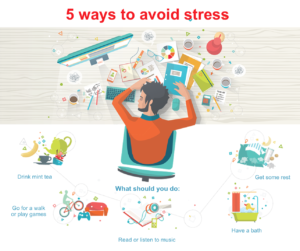Cinnamon has been used in Chinese medicine and Ayurveda and has long been revered it for its near superpowers, using it to treat things such as colds, indigestion and cramps, not to mention for its anti-clotting properties as well as attributes for the brain function and memory. These societies also believed it could improve energy, vitality and circulation. It’s no wonder Cinnamon is considered a superfood!![]() ?
?![]() ?
?
Just some of Cinnamon’s benefits:
Balance your blood sugar and keep your energy consistent all day
Sugar may be one of the reasons you tend to get energy highs and lows throughout the day, and the cause of your roller-coaster with energy – can’t get up in the morning and / or you get that terrible afternoon slump! So it’s essential to keep your glucose levels consistent throughout the day. How do you do that? The most important thing to do is to include the right foods at the right time (that’s a whole story on it’s own and for healthy eating guidelines for woman – READ more HERE
When adding cinnamon to your diet, daily, you can also make a big difference to controlling sugar cravings and the glucose spikes. Of course if you want to know why sugar makes you look older than you are – read more HERE What do you need to do to reap the benefit? 
By just having a ¼ or ½ teaspoon of cinnamon you can start lowering and regulating your blood sugar levels. Just remember that unless you’re adding it to a balanced healthy diet – high in vegetables and extremely low in fructose and grains – you’ll likely not experience any benefit.
Sprinkle cinnamon onto your whole grain oatmeal, cereals, yogurt, soups and sauces – even your smoothie! Simmer your favorite tea, coffee or beverage with cinnamon sticks or sprinkle with cinnamon powder, creating the perfect breakfast drink or bedtime nightcap.
To find out more about how you can have optimum wellness as you enter your 40’s and feel radiant have vitality, and energy to do all that you want to have radiant skin, calm any digestive issues, cope better with stress, anxiety and have much higher long-lasting energy levels.
You can make use of my Complimentary 15 minute phone call to get your questions answered Schedule Appointment



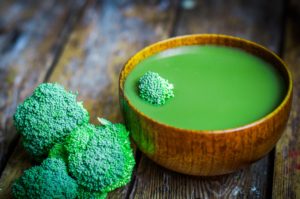

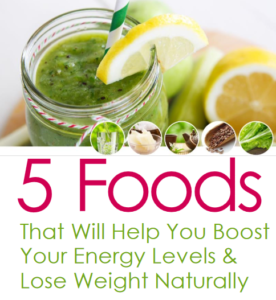
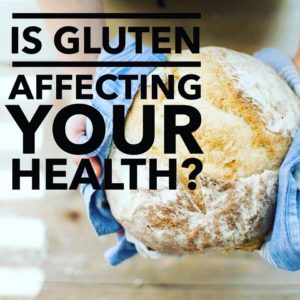 Is the Gluten Free Diet Just a Fad?
Is the Gluten Free Diet Just a Fad?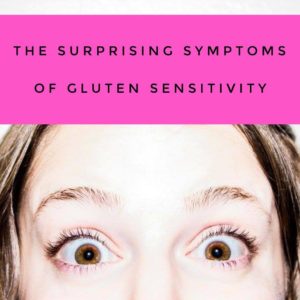 If you’re already experiencing these types of symptoms, first consult a health professional rather than diagnosing yourself.
If you’re already experiencing these types of symptoms, first consult a health professional rather than diagnosing yourself. blueberries, the deep reds of pomegranates, the rich green of kale and collards, the bright orange of sweet potatoes.
blueberries, the deep reds of pomegranates, the rich green of kale and collards, the bright orange of sweet potatoes. because it has so many benefits, to name a few – anti-ageing & wonderful skin healing benefits.
because it has so many benefits, to name a few – anti-ageing & wonderful skin healing benefits.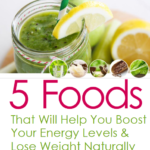 Sign up by clicking:
Sign up by clicking:  infections.
infections.